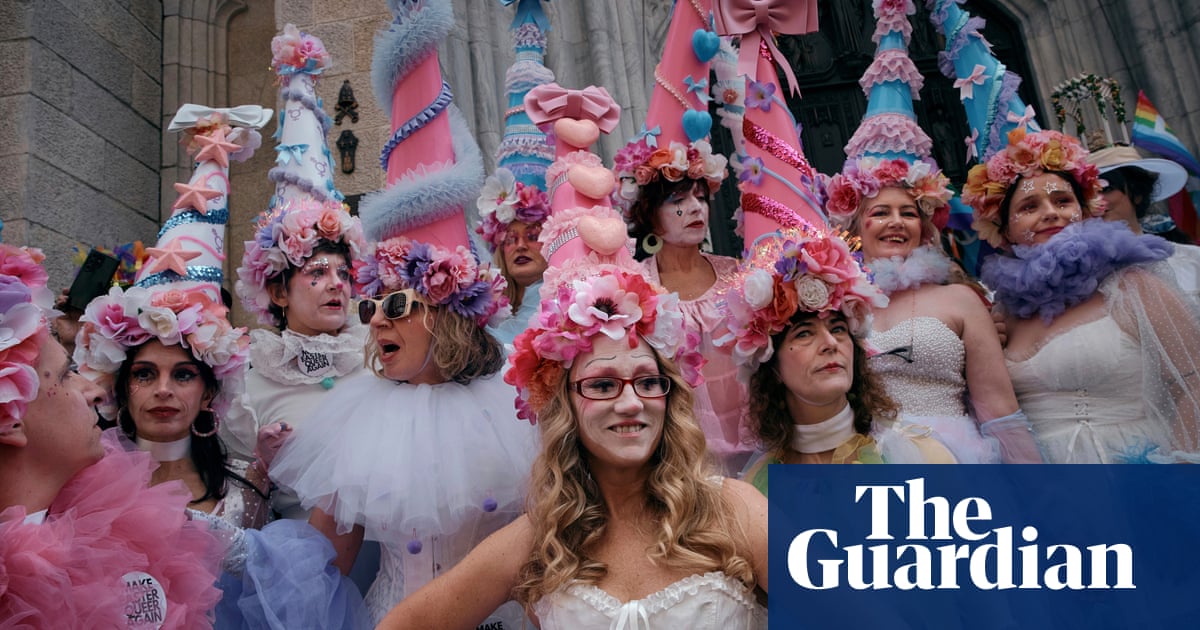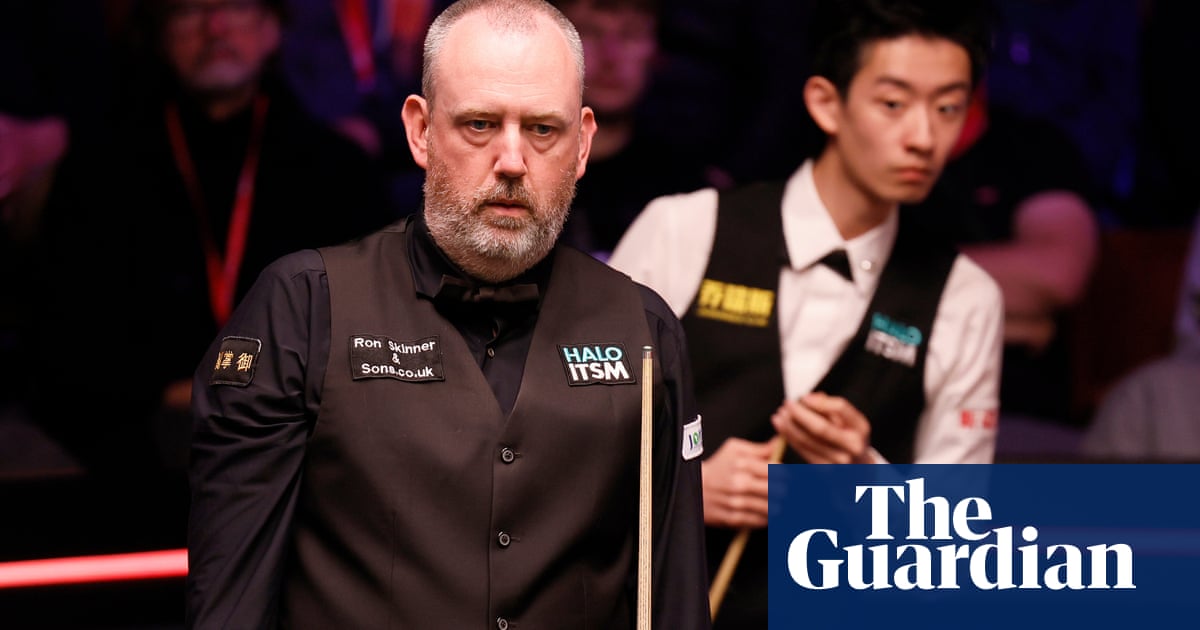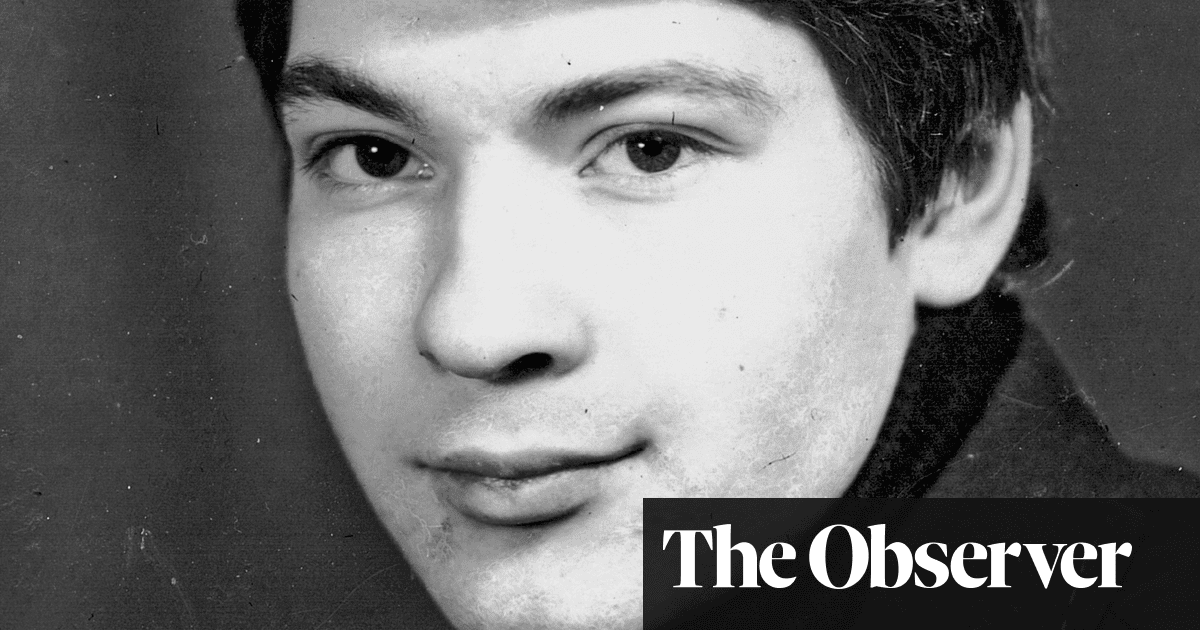My earliest reading memory
From as far back as I can remember, before I could read, I was read to mostly from the same book, The Arabian Nights, feeling the reverberations of Shahrazad’s sentences against my mother’s lap, and suspecting that it must be so: that to tell a story is to postpone death, that after she asks her would-be murderer, “Do I have your permission to tell a story?”, the world is made a little less certain.
The book that changed me as a teenager
When I was 13 I read Badr Shakir al-Sayyab’s Rain Song. I can’t claim to have understood it, but those poems ripped open a veil. The experience of being overrun by language, of being caught in the wake of lines that were just beyond reach, showed me how literature can be both the translation of an experience and also its manifestation.
The book that made me want to be a writer
I read The Sun Also Rises when I was in my uncertain mid-20s. One of Hemingway’s gifts is to make it look easy. But then you realise how his short and naked sentences are as light-filled and whole as blossoms. He did everything to open himself up, and it left him exposed and with nowhere to hide. He worried about it, which is perhaps why he spoke on and on about the craft.
The book or author I came back to
I learned English at the age of 11 by listening to Jane Austen audiobooks, for two-and-a-half hours every morning for six months. I would have the book in front of me and follow with my eyes. I underlined countless words. I often lost my place and felt I was drowning. There were instances when the mist lifted. I didn’t look at her books again until, a decade and a half later, I read Persuasion and felt I was back in the company of a governess, who appeared even younger than I remembered.
The book I reread
Lampedusa, the author of The Leopard, said that he didn’t leave home without a book by Shakespeare. Whenever he encountered something ugly, he reached for it and read a few lines. I have a similar relationship to Proust, as a cure against ugliness but also an antidote to that emptiness that sometimes opens up inside of us and makes us hunger for beauty and careful attention.
The book I could never read again
The Lives of the Sahaba by the now little-known Indian theologian, Muhammad Yusuf Kandhlawi, where he paints short biographies of the companions of the prophet Muhammad; little portraits, each complete with idiosyncratic details, until by the end you realise that you’ve been all along standing in the middle of a magnificent gallery of friends. I am not sure how it would read now.
The book I am currently reading
Gerald Murnane’s Inland. Every time a new one comes out I think, “But how could he have any more to say?”, and every time I am spellbound. Yesterday I was in an endless line at an airport, but time flew by. I am only a few pages in and I am already moved by his sentences. He writes so well about proximities and distances.
My comfort read
If by comfort we mean beauty and ideas, poetry and inspiration, states where we are made to feel more and think more, and where we are entertained, then I find all of this in Joseph Conrad. I recently reread Victory and it spectacularly comforted me.
after newsletter promotion

 3 months ago
45
3 months ago
45













































